Generative AI (GenAI) is fast becoming an imperative factor in the software development scenarios. While redeveloping legacy systems along with some debugging steps, including the generic boilerplate code, GenAI tools are bypassing the ways in which developers traditionally perform their work. This blog provides a detailed explanation of how to use these tools like GitHub Copilot, Amazon CodeWhisperer, and other LLM-powered IDEs for code generation, refactoring, and debugging in production environments.
Code Generation: Using AI to Write Code
🔹 GitHub Copilot
Description: Based on OpenAI Codex, GitHub Copilot generates logic, autocompletes code, and proposes functions based on comments.
Strengths:
Great frontend/back-end scaffolding
Rapid context-based suggestions
• Real-World Application: Developers use Copilot for rapid generation of CRUD APIs, React components, or utility functions that would otherwise take hours to develop.
• Limitations: It may hallucinate or provide incorrect code without the deeper context of the project.
🔹 Amazon CodeWhisperer
• Overview: Tailored for AWS development, CodeWhisperer suggests for interacting with various AWS services (e.g., Lambda, S3, DynamoDB).
• Strengths:
Cloud-native context awareness
Has inbuilt scanning for security
• Real-World Use: It is perfect for server-less application developers or those integrating AWS SDKs.
Code Optimization and Refactoring
Refactoring is rewriting code that already exists without altering its external behavior, by making it more efficient, readable, or maintainable. AI can analyze your code, detect hotspots where issues are likely to be located, and suggest changes for performance optimization. It can assist in eliminating redundant loops, optimizing data structures, and making your code readable.
Example
Prompt
Here is a Python code for summing an extensive list of numbers. Can you optimize it?
AI Output
# Original code
def sum_large_list(numbers):
total = 0
for num in numbers:
total += num
return
total
# Optimised Code using Python's built-in sum function
def sum_large_list(numbers):
return sum(numbers)
AI suggests a more efficient approach to improving performance by replacing a manual loop with Python's built-in sum() function.
Generative AI can profile code to identify slow or inefficient sections, recommending optimizations that enhance overall application performance. Example:
Prompt
Investigate the following code for inefficiencies and suggest specific optimizations to enhance performance.
OutPut
#original code
def calculate_sum(n):
total = 0
for i in range(n):
total += i
return total
result = calculate_sum(1000000)
print(result)
The code is functioning correctly but could be optimized. Notably, the for loop iterates over all values from 0 to n-1 to sum the numbers. This can be replaced with a mathematical formula for the sum of the first n integers, which is much more efficient. Here’s an optimized version of the code:
def calculate_sum(n):
return n * (n - 1) // 2
result = calculate_sum(1000000)
print(result) # Output: 499999500000
This reduces the time complexity from O(n) to O(1), making it much faster for larger values of n.
LLM-powered IDEs in production use.
Overview: For debugging suggestions, full functions are suggested, and the LLM-powered IDEs (like Cursor, JetBrains AI & more) would rely on a large sophistication in AI and obejct-level comprehension of the entire codebase.Benefits
In-depth analysis of the codebase
Debugging and Conversation Generation
• Real world applications: It can speed up prototyping and feature development for a variety of tech stacks in production.
Refactoring: Writing Clearer and Smarter Code
These days, GenAI tools and assistance are available for smarter refactoring:
By extracting reusable functions, renaming variables, and removing unnecessary code, you can improve the readability of your code.
• Writing functional code using imperative logic.
In Use: It can help distinguish the conversion of GitHub Loops to helper functions or more modern syntax by Copilot.
• LLM-powered tools, such as JetBrains AI Assistant, can continue to split otherwise-large classes into smaller ones while maintaining logic and structure improvements.
Future of GenAI in Software Development
The tougher part is predicting, especially about the future," exclaimed Yogi Berra. Generative AI is a fresh discipline, with the very first specimen of this technology having appeared around the early 2020s, with ChatGPT for text generation and DALL-E for image generation. Around 2022, the common consumer and enterprise executive did so much tuning into GenAI.
By any account, GenAI is still in its infancy stage as technology, and there will be newer cases of keeping it in use, such as software development. But then, here is a guess of what we might expect over the next few years. For starters, GenAI should be doing everything that it does today, only that it will be doing it better: supporting development teams with code generation, QA, documentation, and test case generation. And then we can assume GenAI to be more conversational and able to interact with developers and non-developers, conversing them through the process of defining requirements, and then turning those requirements into project plans, documentation, test cases, and actual code.
An in-depth perusal of the crystal ball might spell out that some software will no longer have to be written. Business users just tell the GenAI system what they want to do, and it contrives ad-hoc applications that perform exactly that function. Whatever the future of GenAI in software development will be, it surely will mean a whole lot to those enterprises that put their embrace on it.
Advanced: AI Agents for Coding
AI agents are AI programs designed to perform tasks autonomously by interacting with their environment making informed decisions based on collected data to achieve specific goals. Particularly for coding-related tasks, there are coding AI agents, such as Devin and Open Hands, that aim to do anything a human developer can: modify code, run commands, browse the web, call APIs, and even copy code snippets from StackOverflow.
Conclusion
GenAI is far from a jargon-theoretical concept; it is a game-changing factor in software development. Tools like GitHub Copilot, Amazon CodeWhisperer, and LLM-powered IDEs are proving their worth in real-world environments by improving developer productivity, cutting down on soil tasks, and elevating debugging workflows. These GenAI systems, though never substitutes for experienced developers, really act as powerful assistants that free developers to indulge in higher thinking, design, and/or innovation.The developers coming up in this age of GenAI will be fronting the actual evolution of software as the GenAI itself advances.
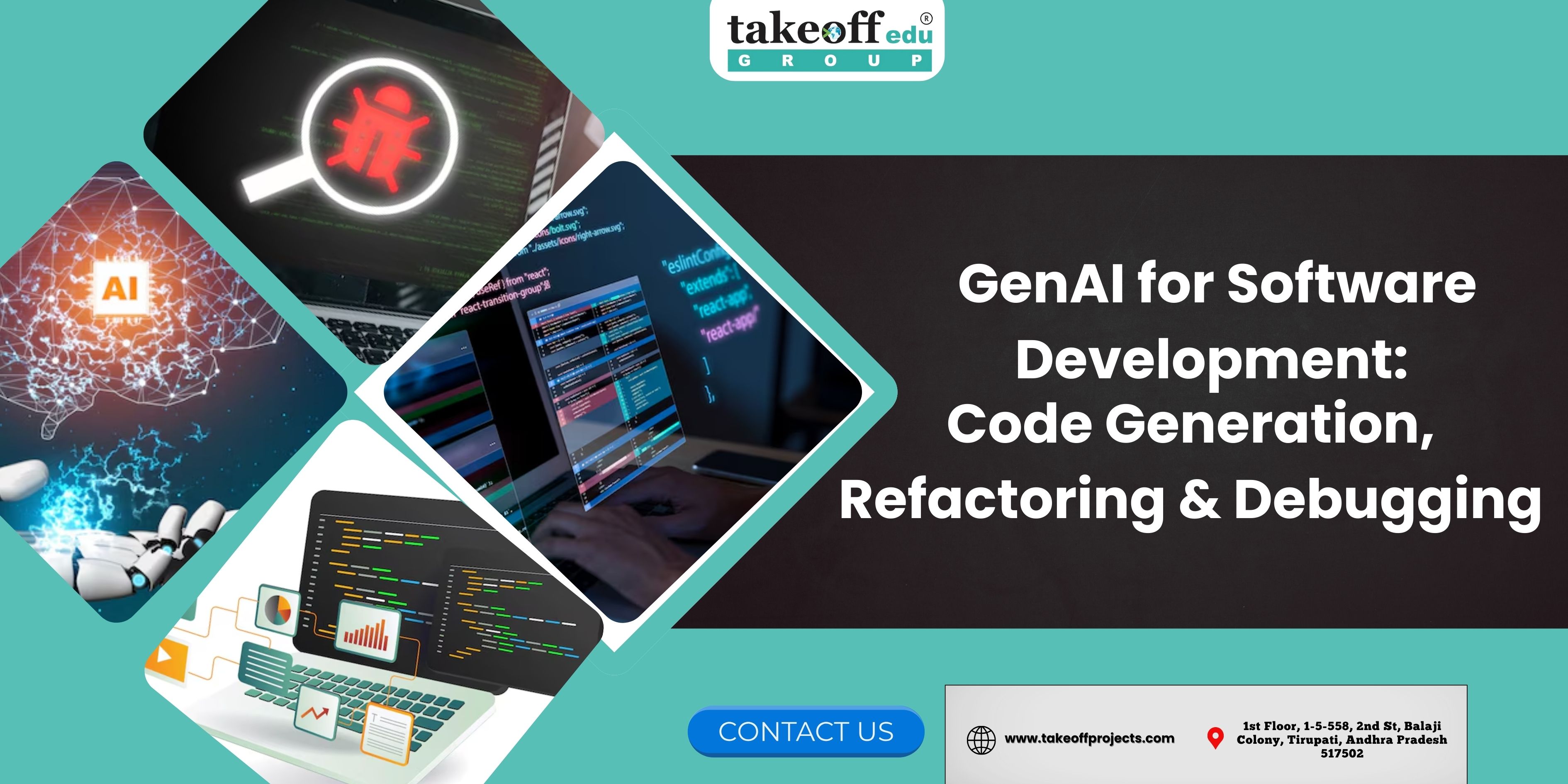
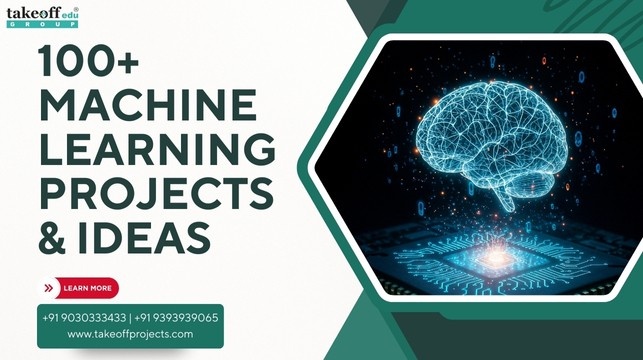 100+ Machine Learning Projects & Ideas for Students
100+ Machine Learning Projects & Ideas for Students 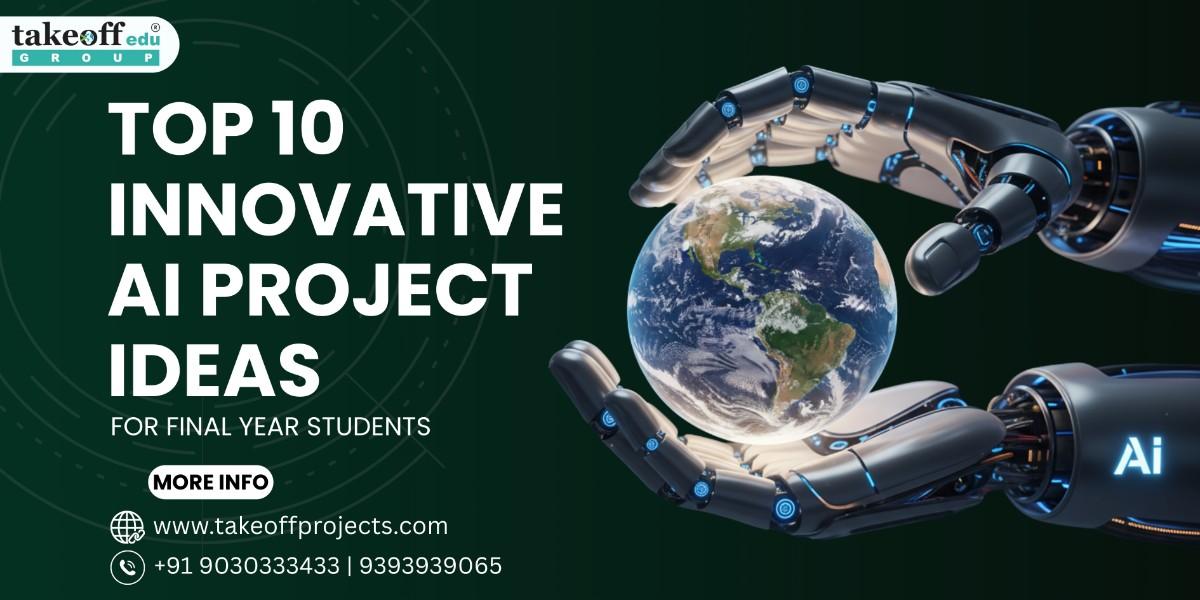 Top 10 Innovative AI Project Ideas for Final Year Students
Top 10 Innovative AI Project Ideas for Final Year Students 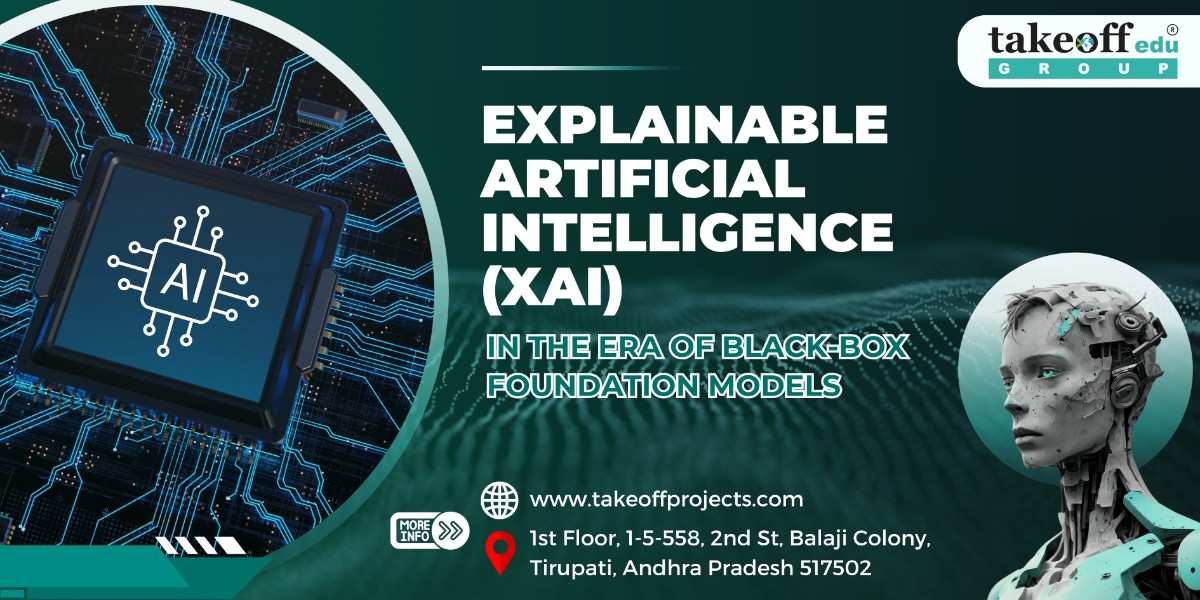 Explainable Artificial Intelligence (XAI) in the Era of Black Box Foundation Models
Explainable Artificial Intelligence (XAI) in the Era of Black Box Foundation Models 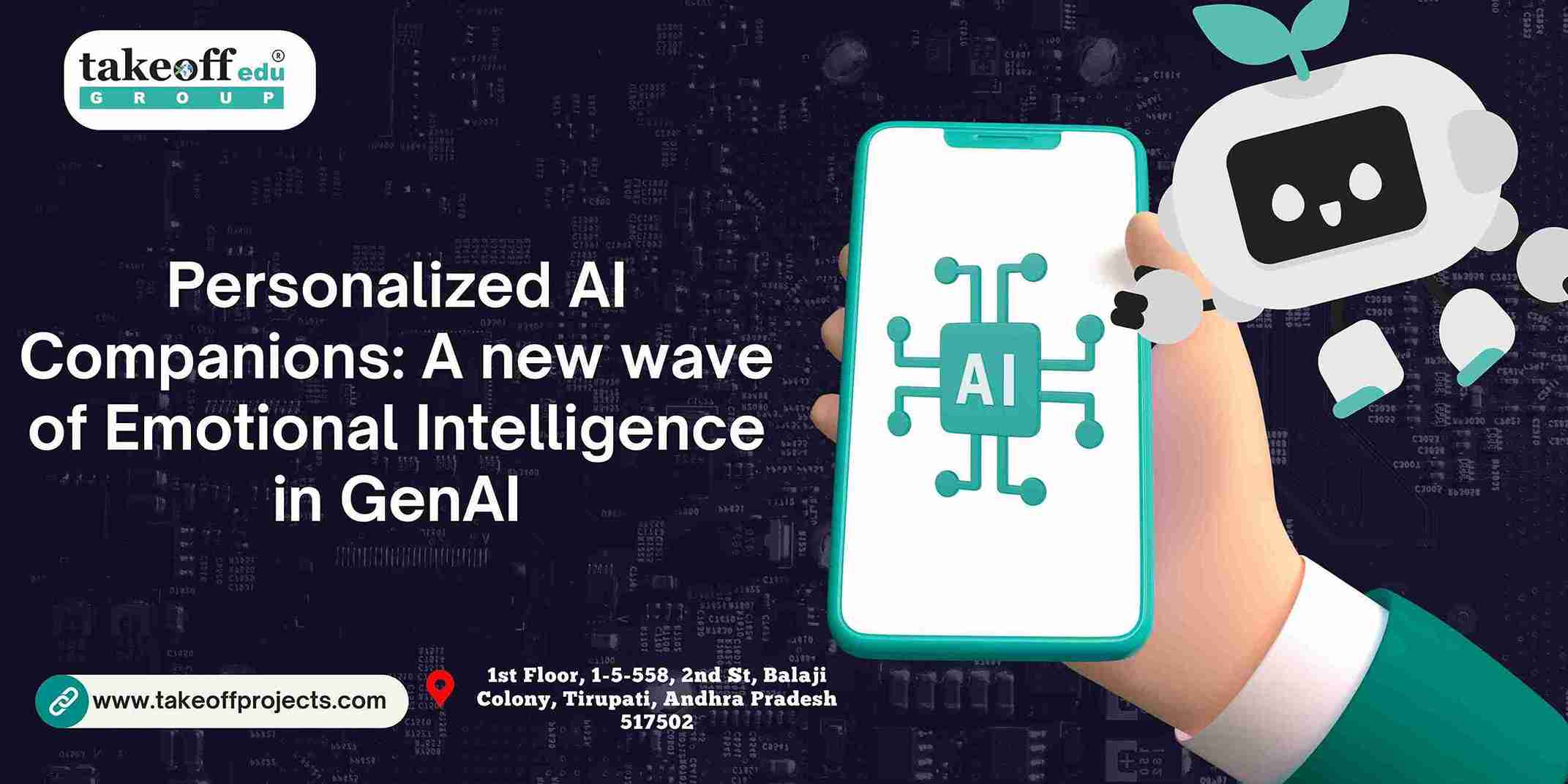 Personalized AI Companions: A new wave of Emotional Intelligence in GenAI
Personalized AI Companions: A new wave of Emotional Intelligence in GenAI 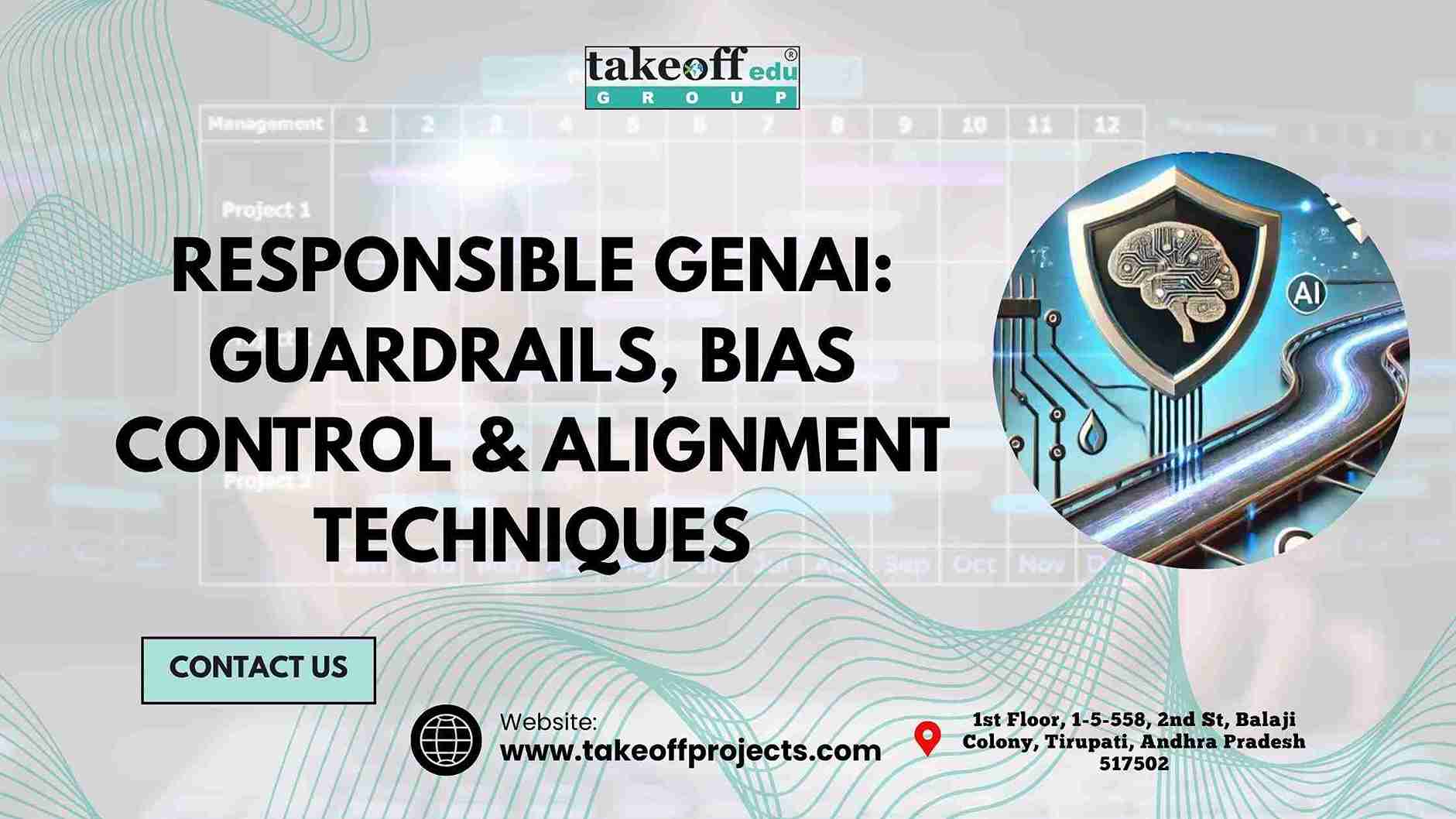 Responsible GenAI: Guardrails, Bias Control, and Alignment Techniques
Responsible GenAI: Guardrails, Bias Control, and Alignment Techniques 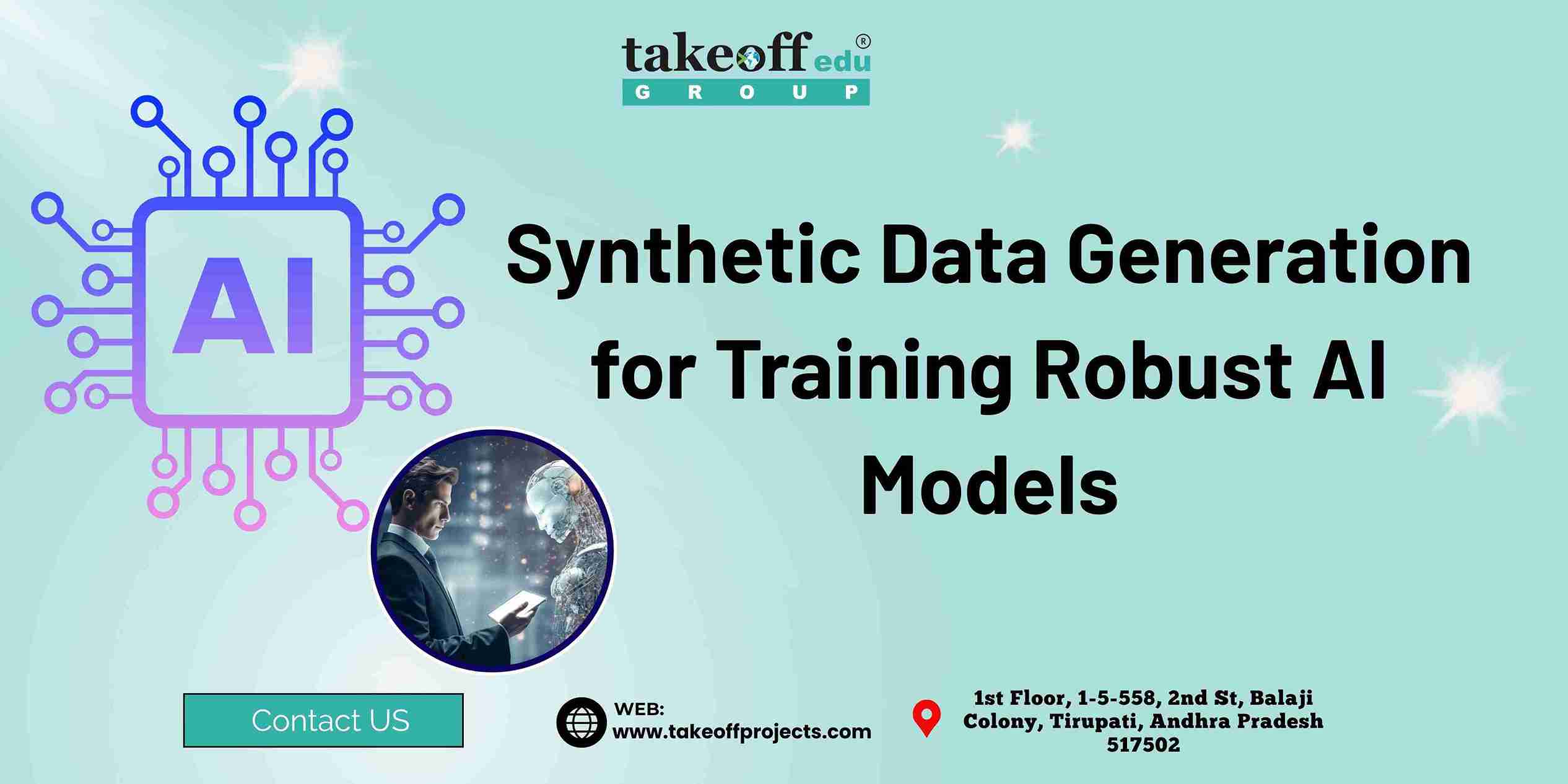 Synthetic Data Generation for Training Robust AI Models
Synthetic Data Generation for Training Robust AI Models 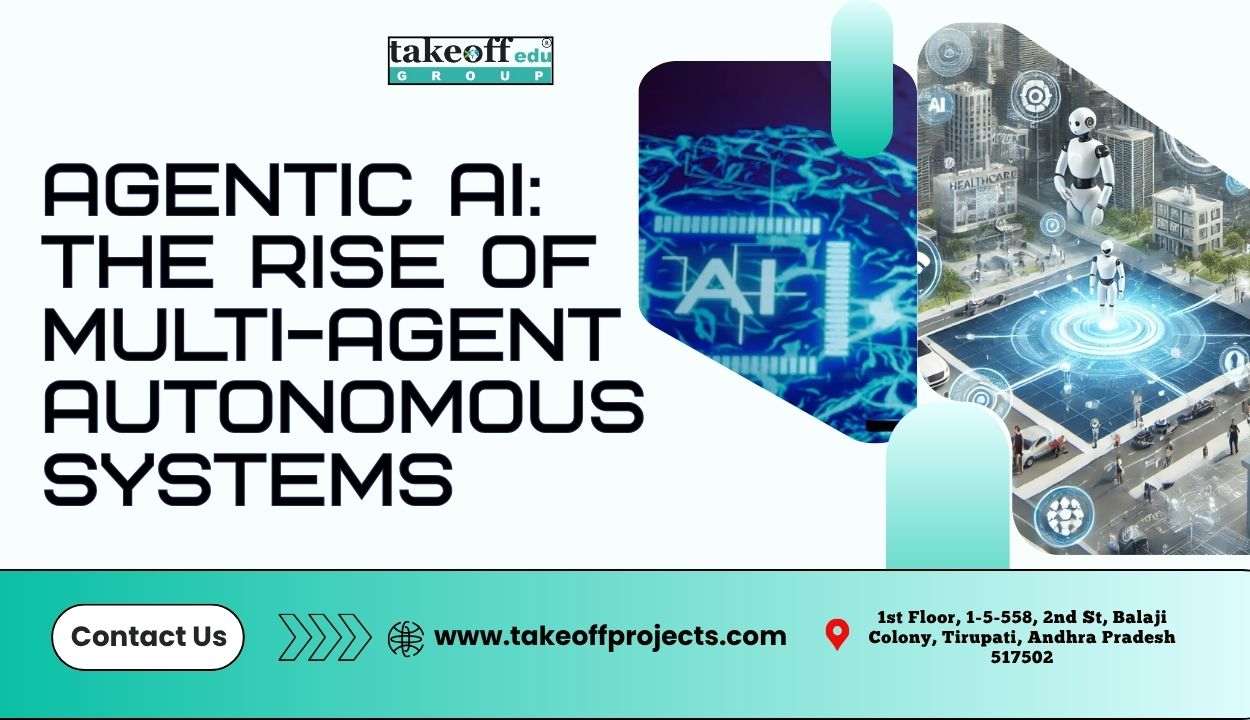 Agentic AI: The Rise of Multi-Agent Autonomous Systems
Agentic AI: The Rise of Multi-Agent Autonomous Systems 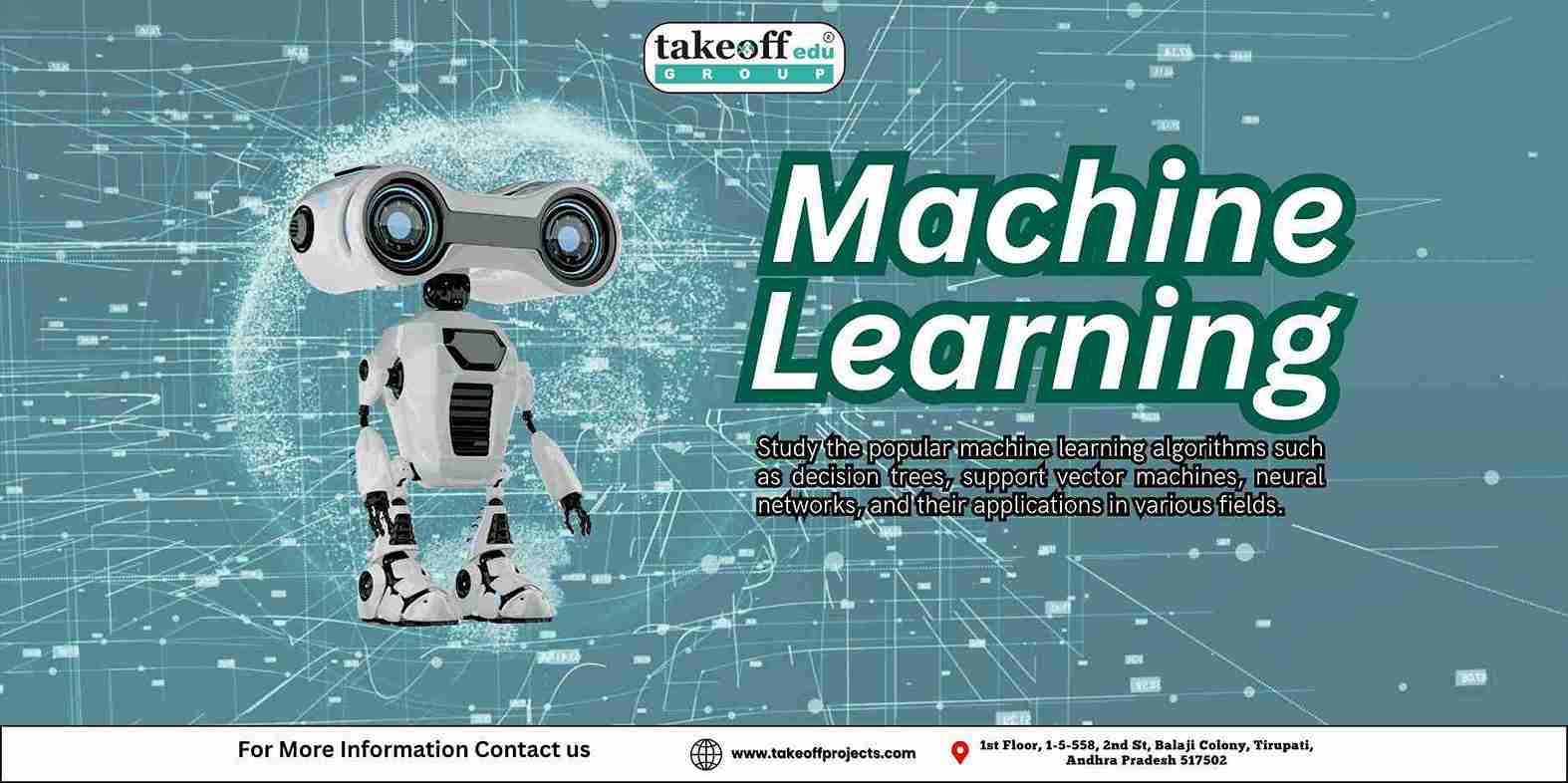 Machine Learning Projects
Machine Learning Projects  Fine-Tuning Llama 4 A Guide With Demo Project
Fine-Tuning Llama 4 A Guide With Demo Project 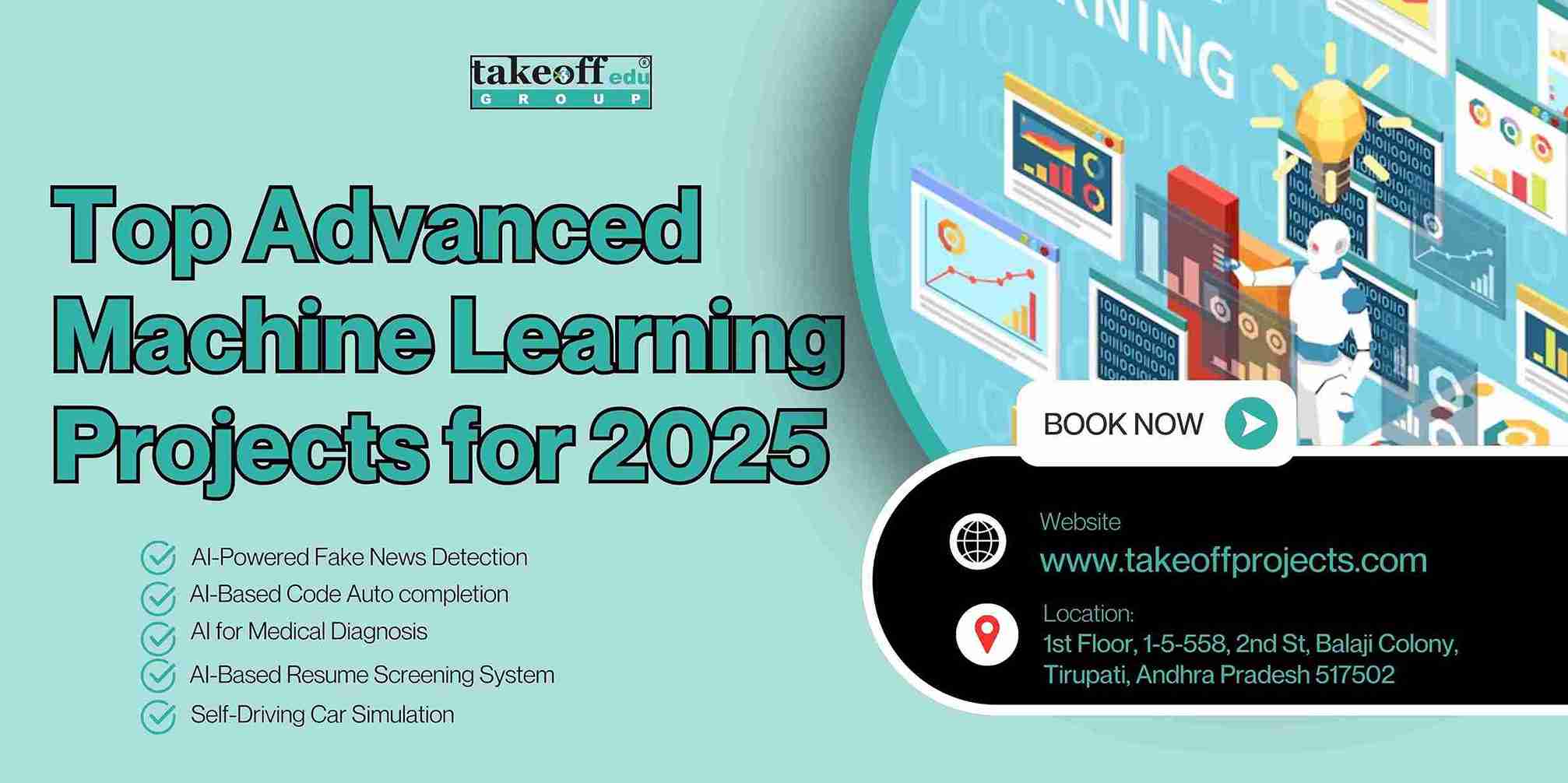 Top Advanced Machine Learning Projects for 2025
Top Advanced Machine Learning Projects for 2025 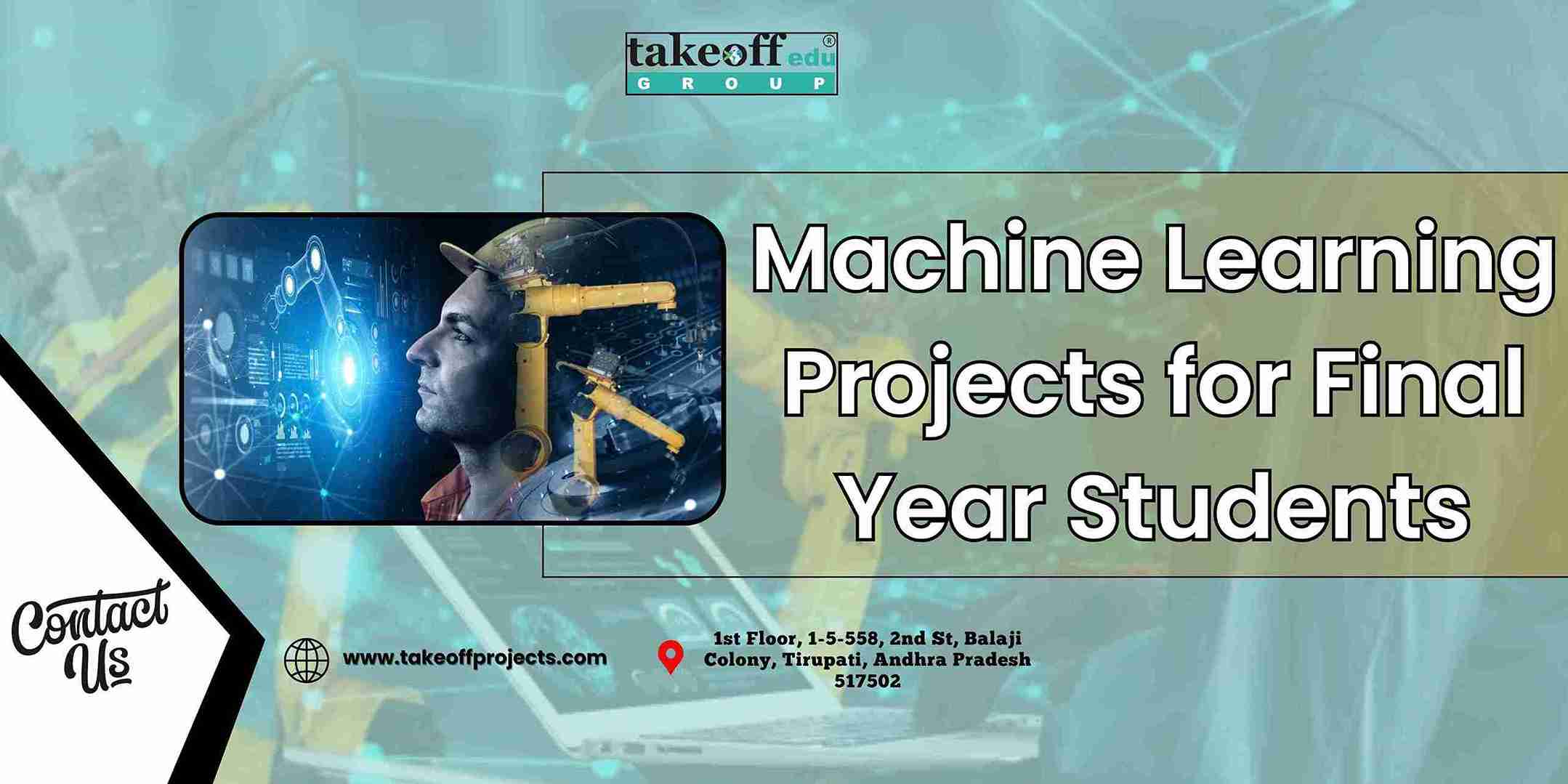 Machine Learning Projects for Final Year Students
Machine Learning Projects for Final Year Students 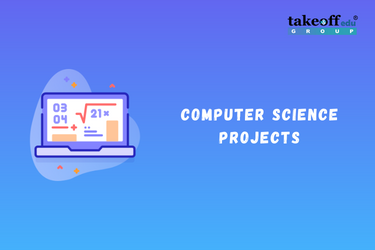 Computer Science Projects
Computer Science Projects 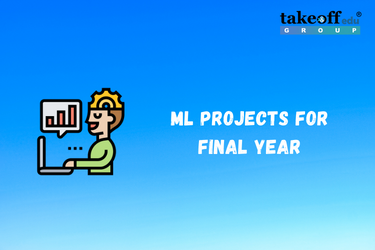 ML Projects for Final Year
ML Projects for Final Year  Project Ideas for BTech CSE
Project Ideas for BTech CSE  Mini Projects for Computer Science
Mini Projects for Computer Science  Major Project for CSE
Major Project for CSE  IEEE Projects for CSE
IEEE Projects for CSE  Latest CSE Projects Ideas & Topics for Engineering Students
Latest CSE Projects Ideas & Topics for Engineering Students 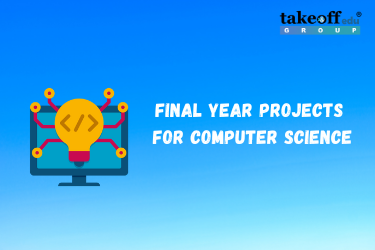 List of Final Year Projects for Computer Science 2022
List of Final Year Projects for Computer Science 2022 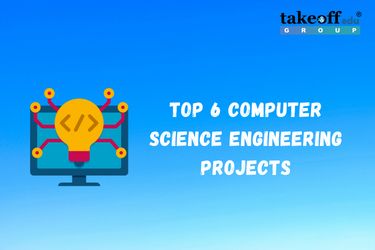 Top 6 Computer Science Engineering Projects
Top 6 Computer Science Engineering Projects 
 Paper Publishing
Paper Publishing


